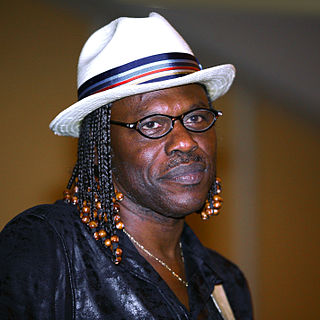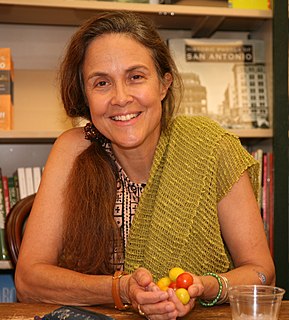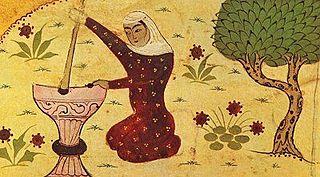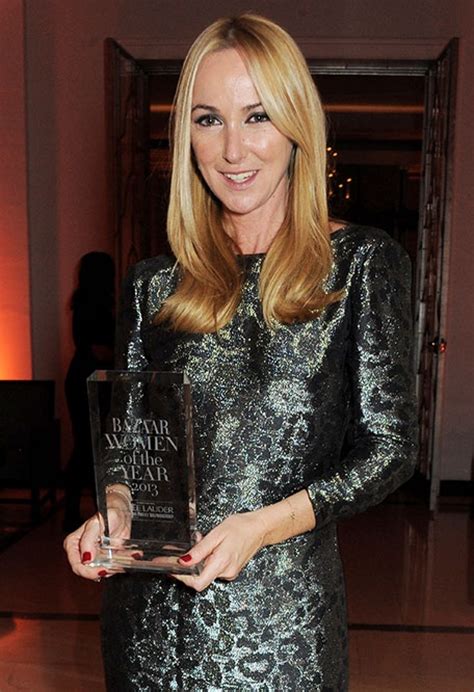A Quote by Bill Bryson
What is it about maps? I could look at them all day, earnestly studying the names of towns and villages I have never heard of and will never visit.
Related Quotes
Just think about it, be honest, how many groups have you heard of in the last five or six, seven, eight years that you never heard of playing live? You never heard of them making a record. You never heard of them in anybody else's band, and all of a sudden they're the biggest thing going. That to me, that's to me social media music. I'm not saying it's right or it's wrong but it is what it is.
I could never be anyone I've played. I am so not a detective; I can barely get 200 yards from A to B with the help of Google maps, and I am just about the least observant person on the planet, so I never notice what people look like or how they walk or if they're committing a crime in broad daylight.
There were many words that you could not stand to hear and finally only the names of places had dignity. Certain numbers were the same way and certain dates and these with the names of the places were all you could say and have them mean anything. Abstract words such as glory, honor, courage, or hallow were obscene beside the concrete names of villages, the numbers of roads, the names of rivers, the numbers of regiments and the dates.
Today you will say things you can predict and other things you could never imagine this minute. Don't reject them, let them come through when they're ready, don't think you can plan it al out. This day will never, no matter how long you live, happen again. It is exquisitely singular. It will never again be exactly repeated.
It is reported from the famous worshiper Rabi'ah al-Adawiyya (radiAllahu anha) that she said: "I have never heard the adhaan except that I remember the caller who will announce the Day of Resurrection, and I never see the falling snow except that I imagine the flying pages of the records of peoples deeds (on that day), and I never see swarms of locusts except that I think about the Great Gathering on the Last Day."
God uses millions of no-name influencers every day in the simplest selfless acts of service. They are the teachers whose names will never be in the newspaper, pastors who will never author a book, managers who will never be profiled in a magazine, artists whose work is buried in layers of collaboration, writers whose sphere of influence is a few dozen people who read their blogs. But they are the army that makes things happen. To them devotion is its own reward. For them influence is a continual act of giving, nothing more complicated than that.
1) Never trust a cop in a raincoat. 2) Beware of enthusiasm and of love, both are temporary and quick to sway. 3) If asked if you care about the world's problems, look deep into the eyes of he who asks, he will never ask you again. 4) Never give your real name. 5) If ever asked to look at yourself, don't look. 6) Never do anything the person standing in front of you can't understand. 7) Never create anything, it will be misinterpreted, it will chain you and follow you for the rest of your life.
What is it about maps and globes that seems to require our undivided attention? I've spent hours looking at maps of places I will never see and maps so old that they are a record of nothing but the faintest glow of the past. Perhaps they turn us into gods, letting us look down at the insignificant drones that occupy the earth. Or maybe they simply feed off our hunger to go off into the unknown. Venturing off to places where people don't chain themselves to tedious jobs and financial debts but places of imagination, mystery and freedom Perhaps they're just trying to tell us something.






































